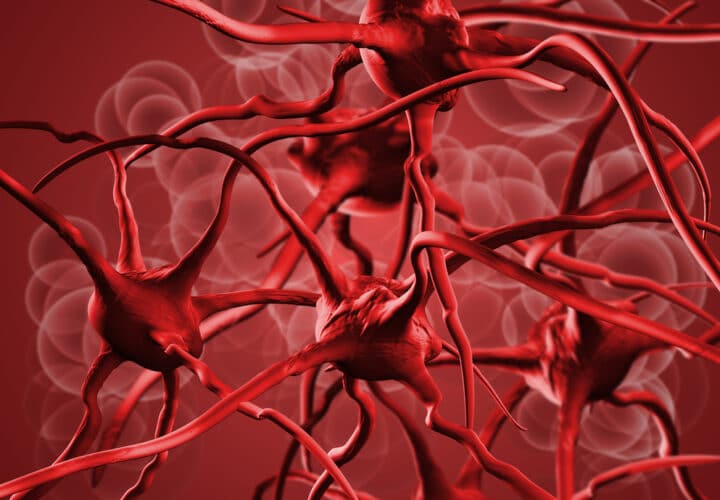Building on research into the connection between dementia, inflammation and bacteria in our digestive systems, Chinese officials awarded conditional approval to a seaweed-based drug for treating Alzheimer’s disease.
Building on research into the connection between dementia, inflammation and bacteria in our digestive systems, Chinese officials have awarded conditional approval to oligomannate, a seaweed-based drug for treating Alzheimer’s disease. The approval of this “seaweed drug,” however, was preliminary. While officials allowed the drug to be marketed in China, they warned that it could be pulled during continuing safety trials.
Oligomannate, which is distributed by Shanghai-based Green Valley Pharmaceuticals, is not approved for distribution in the United States. In a news release, the company said it would launch its drug “very soon” in China and said it planned to start a global phase 3 clinical trial early next year with sites in the United States, Europe and Asia.
Oligomannate, which uses an extract from brown algae, showed promise in slowing mild-to-moderate Alzheimer’s disease, the Chinese National Medical Products Administration said. Green Valley Pharmaceuticals said its trial involved 818 patients and showed results in as little as four weeks.
Being Patient advisor Jeffrey Borghoff said he has been taking 500 milligrams of a brown seaweed supplement “on and off for several months.”
“I heard about the study a while ago and figured it is seaweed and can’t hurt me so why not try it,” Borghoff said, adding that he could not say if the supplement has helped alleviate his younger onset Alzheimer’s symptoms.
In a paper published in the journal Cell Research, researchers honed in on the increasing evidence about the connection between gut bacteria and Alzheimer’s disease. They reported that a sugar in Oligomannate suppresses bacteria that can cause neural degeneration and inflammation in the brain.
In an interview with CNN, Vincent Mok, who heads the neurology division at the Chinese University of Hong Kong, said that the new drug showed “encouraging results” when compared to acetylcholinesterase inhibitors—the existing treatment for mild to severe Alzheimer’s.
“It is just as effective but it has fewer side effects,” Mok said. “It will also open up new avenues for Alzheimer’s research, focusing on the gut microbiome.”
The link between our microbiome and dementia has indeed received a great deal of attention in recent years. What was once considered a weak association is now being pursued as a potential treatment path.
The news from China continues what has been a busy period for Alzheimer’s research. Early in October, Biogen announced that it had reversed an earlier decision and is seeking approval from the FDA for its experimental drug aducanumab.
And last week, researchers said that for the first time they have clinical evidence that a series of lifestyle changes and medical interventions can slow cognitive decline from Alzheimer’s or other neurodegenerative diseases.






I took my wife to Bogota for gene therapy for Alzheimer’s and it is too early to tell how it is working, but it has cleared her complexion and stopped her nose from running constantly and her microscopic colitis is completely gone. She had her treatment on October 18, 2019 and I am waiting on pins and needles to see what happens in three to six months. I am very prayerfully hopeful
very interest article on alzheimers thank you